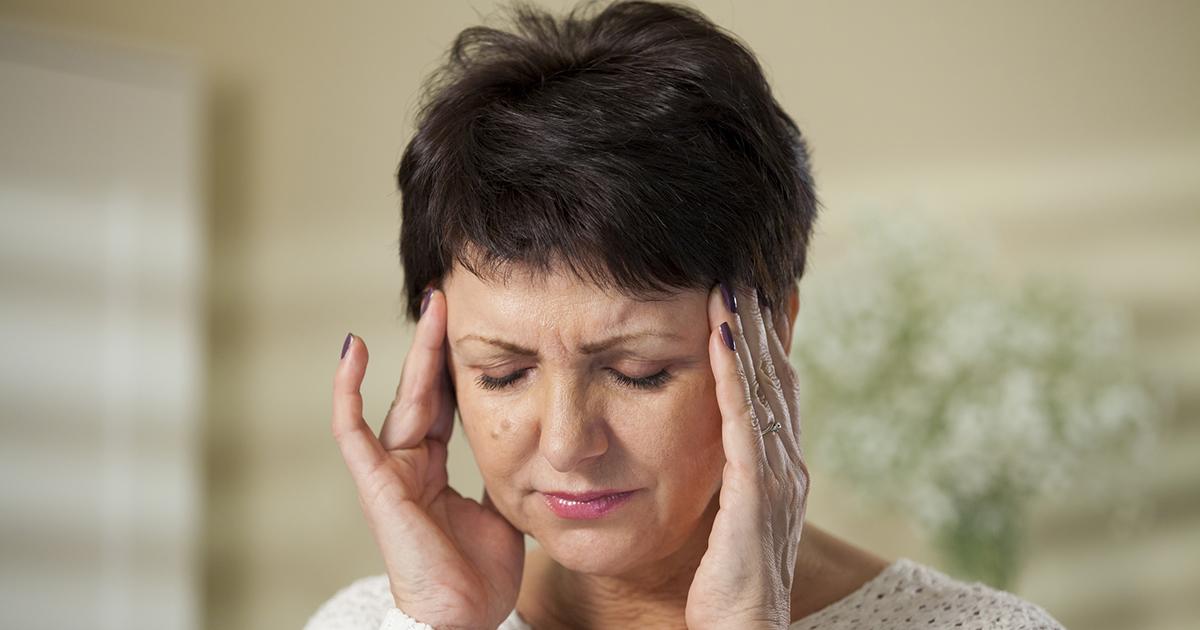Common Causes Of Meniere's Disease
Meniere's disease is a chronic condition that has to be managed with a combination of treatments. The disease causes impaired function in the inner ear and leads to progressive loss of hearing. Usually, only one ear is affected where a person suffers attacks of between two to four hours. The disease is characterized by recurring dizzy spells and ringing in the ear. Any demographic in a population can develop Meniere's disease, but it is more likely to manifest in individuals aged forty to sixty years. A patient suffering from the disease can experience an improved quality of life by sticking to the recommended treatment, adopting a healthy lifestyle and minimizing the known triggers. The following is a look at the potential causes of Meniere's disease.
Improper Fluid Drainage

Scientists have been studying Meniere's disease for a long time, but it is not clear yet as to what causes it. One idea that has been used for a long time to explain the condition is a pressure imbalance of the fluid found in the inner ear (endolymph). Too much pressure results in a high amount of fluid that doesn't drain properly, causing the dysfunction. Another theory is the structure of the fluid is the problem. Autopsies conducted when studying Meniere's disease have shown the improper fluid drainage of endolymph, but scientists have not determined conclusively that this is why Meniere's disease episodes occur. The ear has a channel of interconnected passages with sensors that rely on the fluid to send messages to the brain. This part is responsible for balance and other sensory perceptions like rotational movement and acceleration, and therefore, when the fluid is not right in structure or pressure, it affects many functions. Abnormal development in the inner ear can also cause blockages, impeding fluid drainage.
Continue for more on the common causes of Meniere's disease.
Migraines

The association between migraines and Meniere's disease has been a subject of debate for years. A migraine causes an altered sensation, which can lead to vertigo and can be accompanied by a headache or not. Visual changes are other symptoms. The condition is heavily associated with Meniere's disease because almost forty percent of individuals living with the inner ear disorder experience vertigo and migraines, episodes of which involve nausea, vomiting, and dizziness. These same symptoms are present in a person who has Meniere's.
The duration of episodic vertigo in both migraines and Meniere's disease vary from person to person, which further complicates the distinction between the two. Most specialists include treatment for vertigo migraines when managing Meniere's disease. Some research shows migraine conditions are related to the constriction of blood vessels, which is a possibility in Meniere's as well. Distinguishing the two conditions can be difficult, and doctors have to apply strict diagnostic measures. The increased cases of vertigo migraines have pushed for enhanced diagnostic criteria, but even then, it is unclear what role the vestibular disorder has to play in Meniere's disease.
Continue reading to understand more causes of Meniere's disease.
Viral Infection

Another theory scientists attribute to the manifestation of Meniere's diseases is infections resulting from various viruses. A good number of ear, nose, and throat conditions are due to viruses, and the belief is the same can trigger episodes of Meniere's. It is postulated infections cause abnormal drainage of the fluid. Some of the viruses suspected of causing Meniere's include rhinovirus, adenovirus, influenza, coronavirus, herpes simplex, respiratory syncytial, reovirus, and enteric virus. The herpes virus is the most common type of viral infection found in patients with Meniere's, according to one study. Meningitis, which affects the brain, and labyrinthitis, which affects the inner ear, are some of the infections that can trigger Meniere's disease. In cases where viruses are suspected, DNA has been found in the vestibular ganglion and endolymphatic sacs. Some experts treat Meniere's disease using antivirals to curb infections. However, as with all other cause and triggers of Meniere's, no definitive evidence can be used to back the claim viruses play a role in the inner ear disorder.
Continue reading to discover more causes of Meniere's disease.
Allergies

In some individuals, allergies have been attributed to Meniere's disease. Researchers have cited several ways in which allergic reactions contribute to it. A past infection can interact with an existing allergy, which can cause decompensation of the endolymphatic sac. This interaction can then trigger endolymphatic hydrops (excess fluid in the ear), causing an imbalance in the drainage of fluid. An allergic reaction can result in inflammation of the inner ear, compromising the filtering capability, and consequently, blockages. Food reactions or systemic inhalants may target the sac and interfere with fluid drainage. These theories factor into the effect allergic reactions would have on the endolymphatic sac. Some scientists are still skeptical as to if this part of the inner ear is solely responsible for Meniere's disease. Another theory is some allergens facilitate the production of histamine, and when it congests, can increase the fluid in the inner ear. The resulting endolymphatic hydrops then triggers an episode. For this reason, some doctors recommend antihistamines to counter the effect of allergic reactions.
Keep going to reveal more common causes of Meniere's disease.
Immune Response

The autoimmune function has been a large focus of study into Meniere's disease and its causes. About a third of individuals with the disorder appear to have an underlying autoimmune condition. The exact immunological mechanisms that lead to Meniere's episodes are, however, not clear. The inner ear antigens are the main focus when looking at the immunological aspect of Meniere's. Some reports have shown autoimmune thyroid disease can enhance the chances of Meniere's attacks. A body with a high level of activated lymphocytes, immune complexes, and allergic interactions can also be at a higher risk of Meniere's disease. Experts diagnose autoimmune diseases in the inner ear using clinical criteria. A patient who responds positively to steroids can be used to tell if a case of Meniere's is immune-related. Steroids are some of the most effective treatments doctors use for Meniere's, and high responsiveness can prevent permanent damage of the ear. A change in lifestyle and diet can help to boost immune response, allowing it to fight the inflammation in the inner ear.
